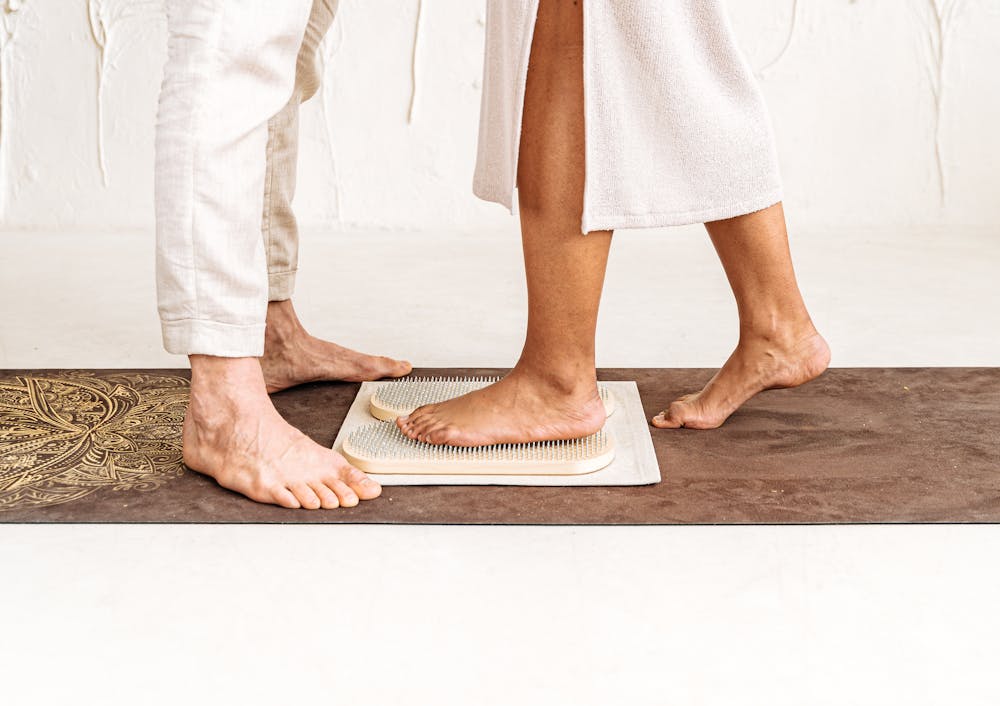For most of us, our feet quietly do their job day in and day out, carrying us through countless steps, workouts, and adventures. Yet, they’re often overlooked in our daily self-care routines. Foot health, however, plays a more significant role in overall well-being than you might think. Understanding the science behind foot health, and making a few small changes, can help you avoid bigger, painful problems down the road.
Why Foot Health Matters
Your feet are the literal foundation of your body. They house 26 bones, 33 joints, and over 100 muscles, tendons, and ligaments—all working in harmony to support your weight, maintain balance, and absorb shock. Poor foot health doesn’t just lead to issues like soreness or discomfort—it can affect your posture, mobility, and even your joints in the knees, hips, and back.
Over time, seemingly minor foot issues might progress to chronic conditions, such as bunions, plantar fasciitis, or tendonitis. The good news? These issues are often preventable with a proactive and mindful approach.
Small Changes for Healthy Feet
Here are a few simple but impactful steps you can take to keep your feet in tip-top shape:
1. Choose the Right Footwear
High heels, narrow-toed shoes, and unsupportive flats may look stylish, but they can wreak havoc on your feet over time. Invest in supportive shoes that offer good arch support and adequate room for your toes. If needed, custom orthotic inserts can provide extra comfort and help correct alignment issues.
2. Stretch and Strengthen Your Feet
Just like any other part of your body, the muscles in your feet need exercise to stay strong and flexible. Simple stretches, like toe curls and calf stretches, can improve circulation and reduce stiffness. Strength-building exercises—such as picking up marbles with your toes or resistance band workouts—support long-term foot strength.
3. Keep an Eye on Your Feet
Regularly check for any changes, such as swelling, redness, or calluses. These could be early warning signs of developing problems. Pay special attention if you experience persistent pain, as it’s an indicator to consult a podiatrist sooner rather than later.
4. Prevent Pesky Problems Early
Health issues, like bunions, often sneak up over years of wearing ill-fitting shoes or putting undue stress on your feet. While prevention is key, treatment options such as The Bunion Cure provide non-invasive ways to address these conditions before they worsen. Whether through exercises, splints, or modern surgical techniques, staying ahead of problems is essential for long-term mobility and comfort.
5. Prioritize Hygiene
Wash your feet thoroughly and keep them dry to prevent fungal infections like athlete’s foot. Trim your toenails straight across to avoid ingrown nails, and moisturize your feet to prevent cracking and dryness.
6. Don’t Ignore Discomfort
If your feet hurt, pay attention. Pain is your body’s way of telling you something isn’t right. Visiting a healthcare professional early can prevent minor discomforts from becoming major problems.
A Life on Your Feet
Your feet bear the brunt of your day-to-day activities—it’s only fair to give them a little extra love and care. By making small, intentional changes to your habits and footwear, you can safeguard your foot health for years to come.
Remember, prevention is always easier than cure. Start small today, and your feet will thank you tomorrow!




